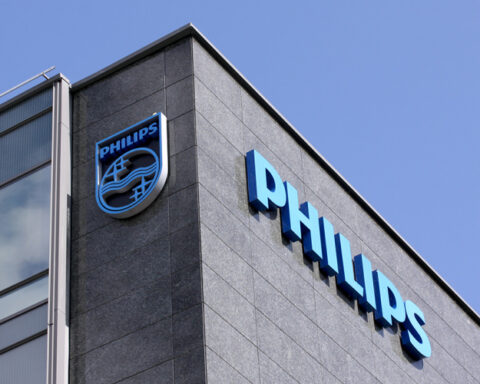- Philips Singapore and SGH will optimize digital pathology use to facilitate research in Artificial Intelligence (AI)
Amsterdam, The Netherlands – Royal Philips (NYSE: PHG, AEX: PHIA), a global leader in health technology, today announced a collaboration with Singapore General Hospital (SGH) to establish the Singapore General Hospital Digital and Computational Pathology Center of Excellence. The SGH Center of Excellence aims to advance pathology practice by implementing a fully digital histopathology workflow and deploying Artificial Intelligence (AI) to increase productivity and enhance patient care.
Located within SGH’s Division of Pathology, one of the largest pathology laboratories in ASEAN, the Center of Excellence aims to establish ASEAN’s first fully digitized histopathology laboratory by expanding its digital pathology capabilities for primary diagnosis, training, and R&D with the Philips IntelliSite Pathology Solution. Both SGH and Philips will also work closely on other diverse areas, including streamlining of the histopathology laboratory’s digital workflow.
As in other parts of the world, the demand for cancer diagnosis in Singapore is increasing while pathologists remain scarce. A recent study, conducted by SGH and Philips, revealed that full digitization of SGH’s histopathology laboratory will improve efficiency. It has the potential to enable time savings in the pathology workflow and allow the pathology department to increase its capacity by another 7% whilst retaining the same number of employees.
Through optimization of digital pathology at SGH, the hospital will be able to further its research in AI. AI-based tools can aid pathologists in diagnosing diseases such as cancer – the leading cause of mortality in Singapore [1] – and empower them to face the current challenges in pathology. The increasing number of cancer cases, an aging population, and rapid advances in personalized medicine have resulted in significant complexity of pathological diagnostics, adding to the workload of pathologists. AI will allow pathologists to focus more on challenging tasks and unusual cases that require a higher degree of expertise and skills.
Our partnership with companies such as Philips, with its clinical and technical know-how, is important in helping us achieve our goal.
Prof. Kenneth Kwek
Chief Executive Officer at SGH “As healthcare becomes more complex and demanding, digitization has become a key enabler for the Hospital to provide better care for our patients and to be more efficient,” said Prof. Kenneth Kwek, Chief Executive Officer at SGH. “Digital pathology is an example of that. Our partnership with companies such as Philips, with its clinical and technical know-how, is important in helping us achieve our goal.”
“Digital pathology enhances the quality and efficiency of a histopathology laboratory,” said Diederik Zeven, General Manager, Health Systems, Philips ASEAN Pacific. “We are committed to partnering with leading healthcare institutions like Singapore General Hospital to bring the latest in precision diagnosis and AI capabilities to help them augment clinical quality, improving patient outcomes and thereby reducing the cost of care.”
Philips IntelliSite Pathology Solution enables pathologists to review and interpret digital images of surgical pathology slides prepared from formalin-fixed paraffin-embedded (FFPE) tissue samples. This technology replaces the need for traditional glass slides to be viewed under a microscope, and facilitates referencing and storage. Ultimately, digital images allow the application of computer-aided image analysis with AI.





